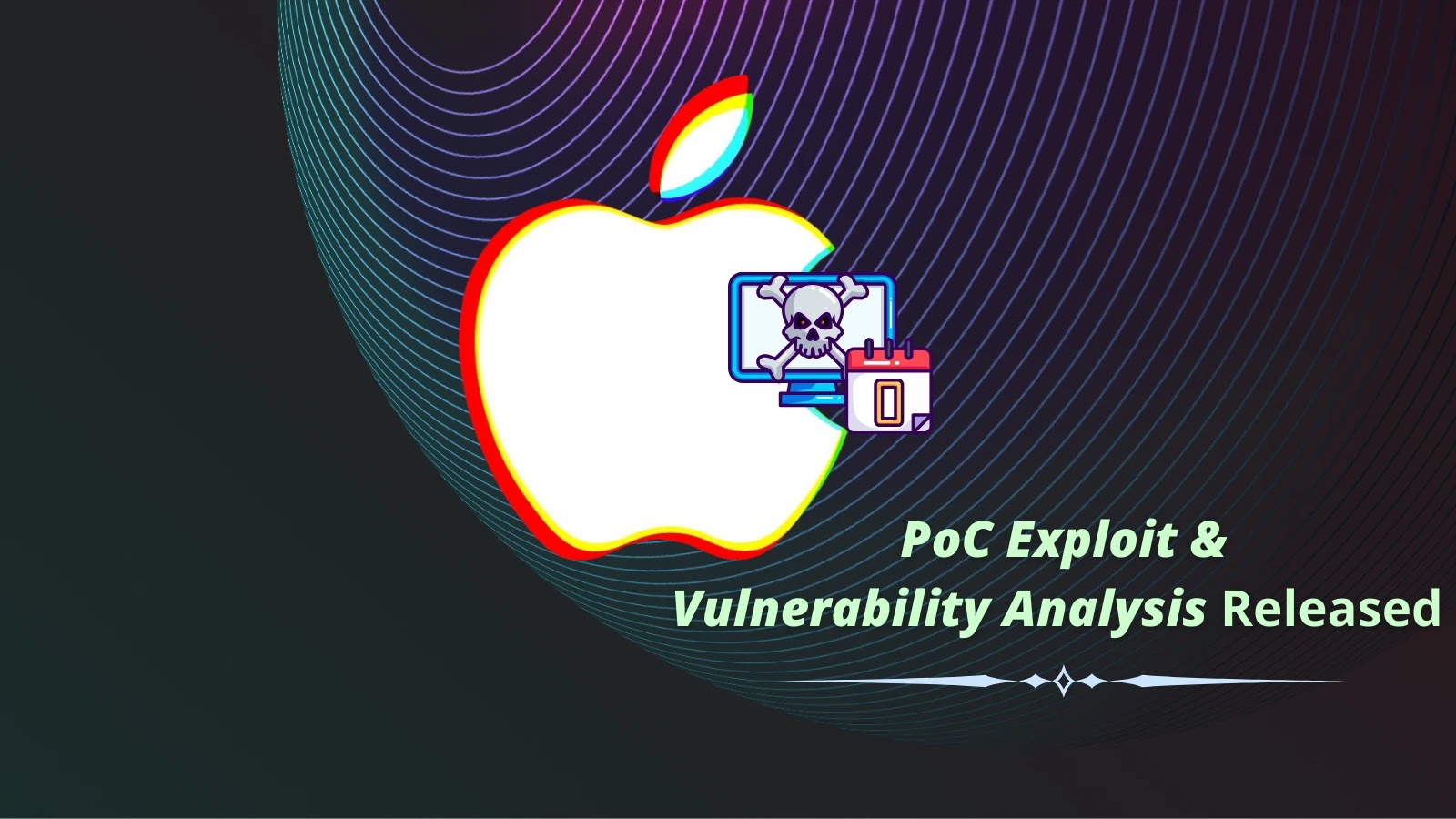In a significant move against cybercrime, the U.S. Department of Justice (DoJ) has announced the seizure of over $2.8 million in cryptocurrency, $70,000 in cash, and a luxury vehicle. These assets are linked to the operations of the Zeppelin ransomware group. The unsealing of six warrants on August 14, 2025, in federal courts across Virginia, California, and Texas, marks a pivotal moment in the fight against ransomware attacks.
The primary individual implicated in this case is Ianis Aleksandrovich Antropenko, who has been indicted in the Northern District of Texas. The charges against him include conspiracy to commit computer fraud and abuse, computer fraud and abuse, and conspiracy to commit money laundering. According to the indictment, Antropenko and his co-conspirators utilized Zeppelin ransomware to target a diverse range of victims, including businesses, healthcare institutions, and other organizations worldwide. Their modus operandi involved encrypting and exfiltrating victims’ data, followed by demands for ransom payments in cryptocurrency—primarily bitcoin and monero—in exchange for decryption keys or assurances against public data leaks.
The unsealed affidavits reveal that the seized cryptocurrency represents proceeds from ransomware activities that were laundered through various channels. Notably, Antropenko employed ChipMixer, a cryptocurrency mixing service that was dismantled in 2023 during a coordinated international law enforcement operation. Investigators employed advanced blockchain analytics, including multi-input clustering techniques, transaction graph analysis, and temporal spending pattern assessments, to trace the ransom funds across blockchain networks. This meticulous analysis led authorities to determine that the funds were repeatedly transferred and eventually consolidated into a wallet directly controlled by Antropenko. Additionally, the investigation uncovered that the laundered funds were converted into cash deposits, which were frequently structured to evade banking-reporting thresholds.
This case underscores the effectiveness of blockchain analytics and federal forfeiture statutes (18 U.S.C. § 981, 982) in disrupting sophisticated cybercriminal money laundering operations. The successful seizure was facilitated by the Federal Bureau of Investigation’s (FBI) blockchain analysis and multi-district cooperation, highlighting that ransomware operators remain vulnerable despite employing advanced mixing tools and laundering methods. Acting Assistant Attorney General Matthew R. Galeotti emphasized the significance of this operation, stating that the seizure proves that ransomware profits, no matter how carefully concealed, remain vulnerable to law enforcement intervention.
Since 2020, the Computer Crime and Intellectual Property Section (CCIPS) has dismantled multiple ransomware groups, securing over $350 million in forfeited assets and preventing an additional $200 million in ransom payments. The Zeppelin case serves as both a warning and a precedent: even with the aid of advanced mixers and laundering techniques, ransomware operators remain exposed to coordinated investigative efforts.
It is important to note that the indictment remains an allegation, and Antropenko is presumed innocent until proven guilty in a court of law.



